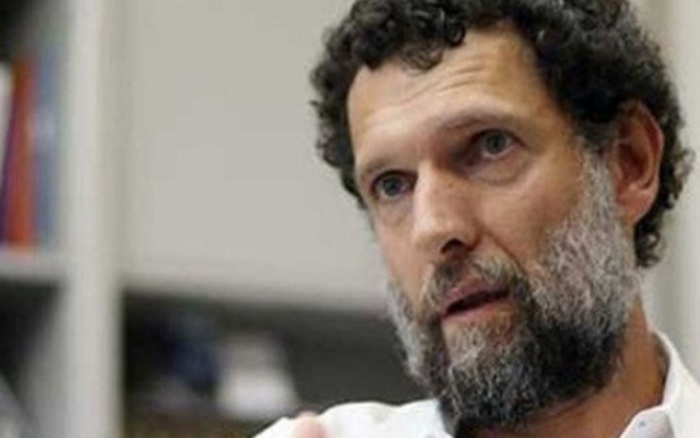The European Court of Human Rights (ECtHR) on Tuesday called for the immediate release of Turkish businessman and activist Osman Kavala, saying there was a lack of reasonable suspicion that he had committed an offense, Reuters reported.
Kavala has been in jail for more than two years while on trial on charges of attempting to overthrow the government, based on accusations that he organized and funded nationwide protests in 2013 against then-Prime Minister Recep Tayyip Erdoğan.
Kavala, who faces life in prison if convicted, denies the allegations.
The indictment cited tapped phone calls in which Kavala discussed sending pastries, milk, juice and gas masks to protesters as evidence that he financed the protests.
“In the absence of facts, information or evidence showing that Mr. Kavala had been involved in criminal activity, he could not reasonably be suspected of having attempted to overthrow the Government by force or violence,” the court said, calling on authorities to secure his release.
It also said in the ruling that it supported Kavala’s assertion that his detention was aimed at silencing him, adding that it was “likely to have a dissuasive effect on the work of human rights defenders.”
ECtHR rulings are legally binding, but Turkey has frequently not implemented them. Turkey’s Justice Ministry declined to comment on Tuesday’s ruling.
Three of Kavala’s lawyers said the ECtHR’s ruling was a “just but delayed legal achievement.”
“We strongly emphasize the steps needed to be taken without losing time to ensure that our client Osman Kavala returns to freedom at once in line with this ruling,” they said in a statement.
Lawyer İlkan Koyuncu told Reuters the Turkish court can rule to release Kavala on its own after the ECtHR ruling but that the lawyers will also apply for his release.
Critics of Erdoğan’s government have questioned the independence of Turkish courts, especially since a crackdown following a failed coup in 2016. Erdogan and his Justice and Development Party (AKP) say the judiciary makes independent decisions.
The demonstrations in 2013 started as a protest against the redevelopment of Gezi Park in İstanbul and quickly spread across the country.
Kavala at the time sat on the board of the Turkish branch of financier George Soros’s Open Society Foundation. He has said the charity did not provide financial support to the protests.
The next hearing on his case is set for Dec. 24-25. Fifteen other defendants are on trial along with Kavala, who is currently the only one in jail.

